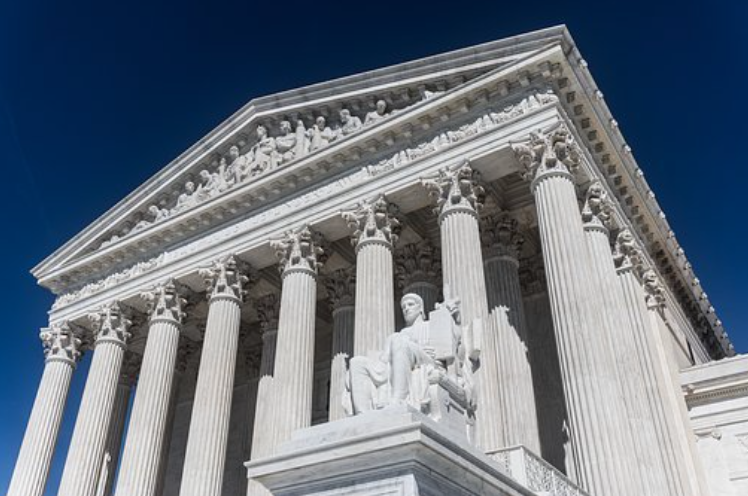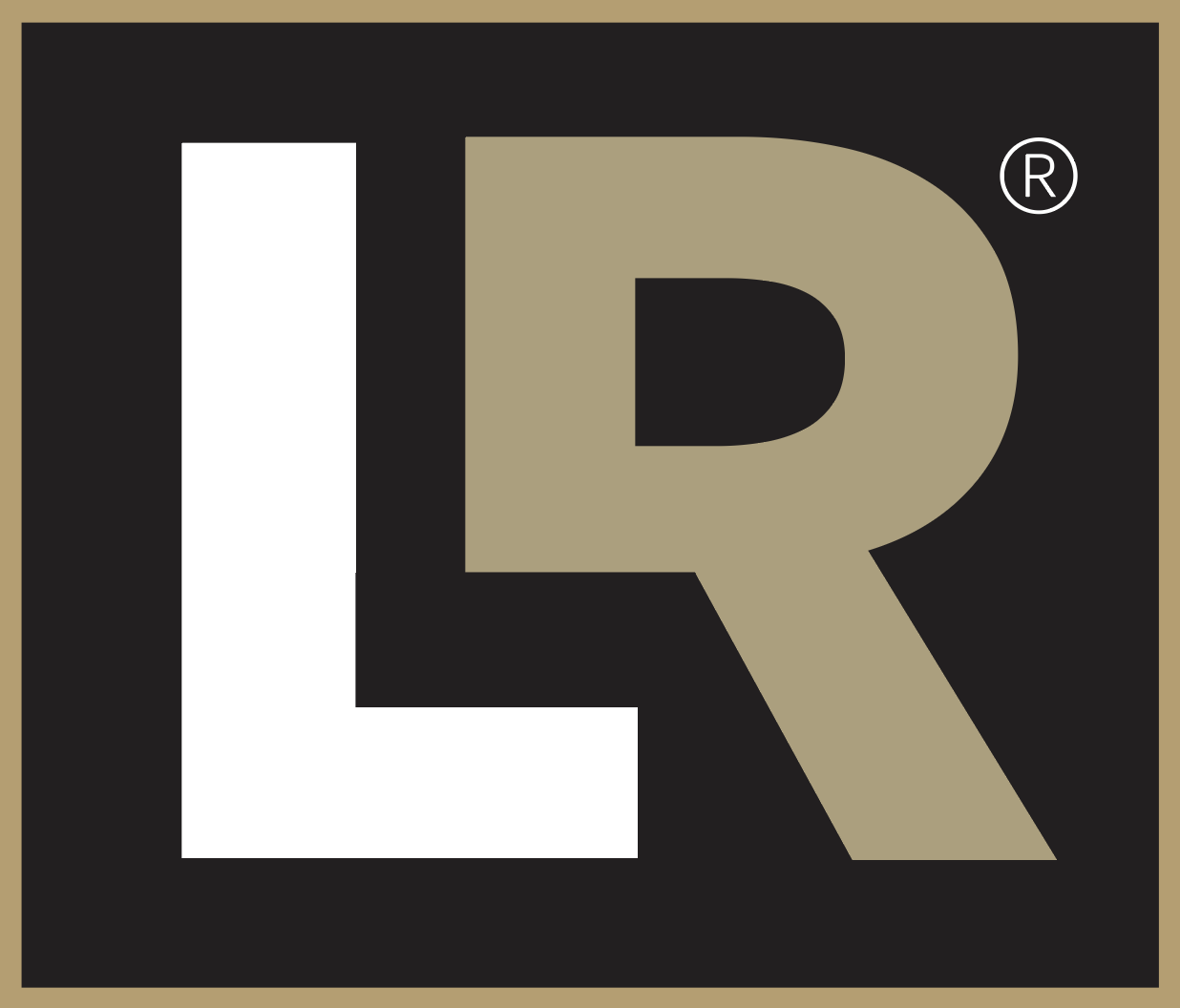U.S. Supreme Court Rejects MyPillow CEO Mike Lindell's Defamation Appeal

U.S. Supreme Court Rejects MyPillow CEO Mike Lindell's Defamation Appeal
The United States Supreme Court has rejected MyPillow C.E.O. Mike Lindell’s request to dismiss the defamation lawsuit filed by Dominion Voting Technologies, which Lindell has long claimed “rigged” the 2020 presidential election.According to CNBC, the justices did not rule on the merits of the case.Instead, the bench simply refused to entertain Lindell’s lawsuit, paving the way for Dominion to continue litigating against the outspoken Trump supporter.As LegalReader.com has reported before, Dominion filed defamation lawsuits against Lindell and MyPillow in February 2021.In its complaint, Dominion claimed that Lindell and his company had purposely and continuously propagated the “Big Lie,” a far-right conspiracy theory alleging that widespread electoral fraud caused Trump to lose the 2020 presidential election.Lindell, for instance, parroted baseless claims that Dominion officials had manipulated voting machines and ballots to ensure Joe Biden’s victory.
 An absentee ballot for U.S. servicepeople. Image via: (U.S. Air Force photo by Senior Airman Trevor Gordnier). Public domain.
An absentee ballot for U.S. servicepeople. Image via: (U.S. Air Force photo by Senior Airman Trevor Gordnier). Public domain.
Sources
Supreme Court allows defamation lawsuit against MyPillow CEO Mike Lindell to proceedSupreme Court rejects Trump ally Mike Lindell’s appeal in 2020 election lawsuitUS supreme court rejects MyPillow chief’s bid to dodge $1.3bn lawsuit
About Ryan J. Farrick
Ryan Farrick is a freelance writer and small business advertising consultant based out of mid-Michigan. Passionate about international politics and world affairs, he’s an avid traveler with a keen interest in the connections between South Asia and the United States. Ryan studied neuroscience and has spent the last several years working as an operations manager in transportation logistics.
